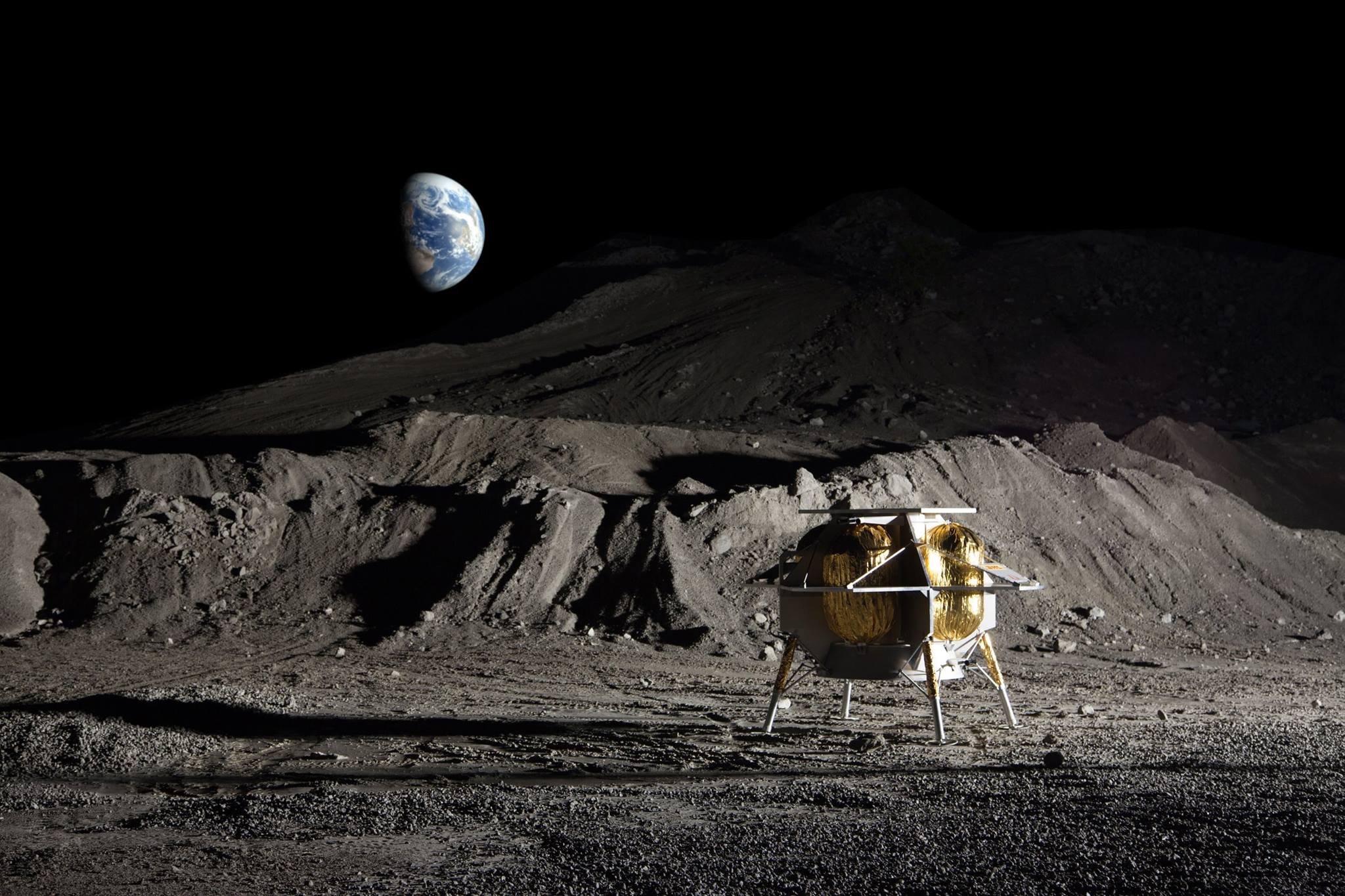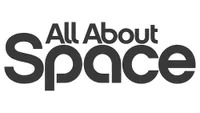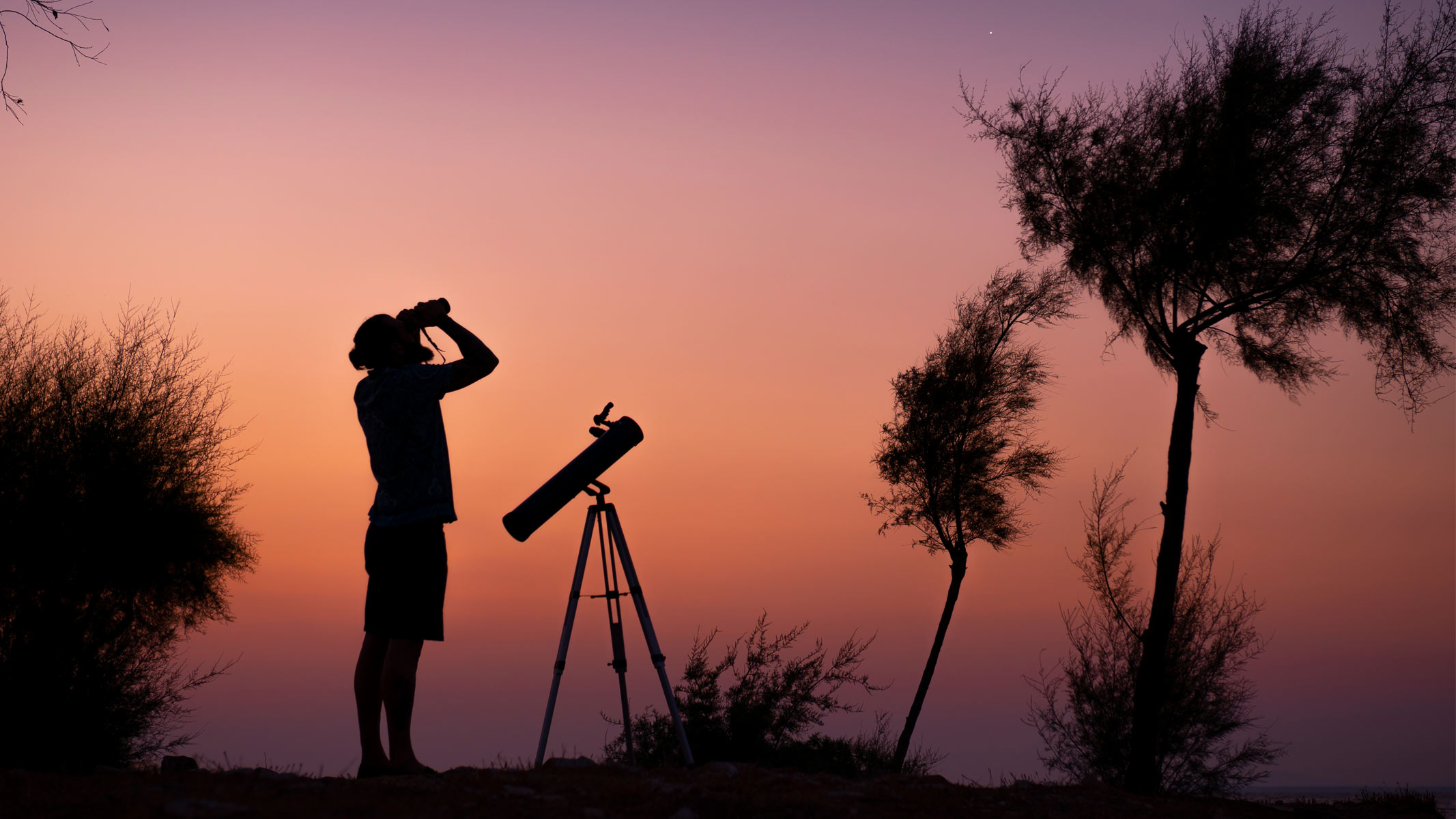NASA's next robotic moon landings in 2021 still on track despite coronavirus pandemic

Breaking space news, the latest updates on rocket launches, skywatching events and more!
You are now subscribed
Your newsletter sign-up was successful
Want to add more newsletters?
NASA's first two commercial deliveries to the moon are still on track despite the COVID-19 pandemic, according to agency leadership.
Last year, NASA hired Astrobotic and Intuitive Machines to carry science and technology projects to the surface of the moon next summer. These commercial lander missions will represent some of the earliest flights in NASA's Artemis program, which aims to land astronauts at the moon's south pole in 2024. Both companies agreed upon accepting the contracts to carry NASA payloads to the lunar surface in the summer of 2021 — but that was before COVID-19, the disease caused by a new coronavirus, froze much of the world.
"We are talking to them almost on a daily basis to assess any schedule impacts," Steven Clarke, deputy associate administrator for exploration in NASA's Science Mission Directorate, said during a presentation coordinated by the National Academies of Sciences yesterday (March 31). "Currently we are still on schedule with them."
Related: Here's where commercial landers will land on the moon for NASA
Updates: The coronavirus pandemic impacts on space exploration
However, as is the case with everything during a pandemic, that is subject to change. "Both providers are in full telework mode right now; no touch labor is occurring," Clarke said. "They are right now assessing what they can and can't do and what they may talk to their respective states [about]." Astrobotic Technology is headquartered in Pennsylvania; Intuitive Machines in Texas.
For now, the payloads meant to fly on the landers are not at risk of missing their flights, Clarke added. Of the 13 payloads NASA is building for the flights, three are experiencing no or minimal impact from the COVID-19 protection measures, he said. (The landers will also carry payloads supplied by other customers.)
The rest have or will soon hit a point at which work is put on hold. "These are the payloads that are being developed on the NASA centers and as you already know we're in a mandatory telework environment," he said, with some centers closed to nearly all on-site work.
Breaking space news, the latest updates on rocket launches, skywatching events and more!
However, Clarke said that NASA does not expect these pauses to interfere with the scheduled flights. "There is margin built into the delivery dates of these instruments to Astrobotic and Intuitive Machines," he said, and right now that schedule padding should be sufficient to accommodate delays.
One factor that NASA is watching particularly closely with regard to these payloads is the need to test instruments in specialized facilities, Clarke said. "We'll assess that once we get to that point," he said. "I'll reiterate that there is margin in the schedule for the delivery of these instruments."
- Coronavirus has changed society. See how in this video of before-and-after satellite views
- New satellite views show impact of coronavirus on emissions, China's night lights
- NASA weighs measures to contribute to US coronavirus pandemic fight
Email Meghan Bartels at mbartels@space.com or follow her @meghanbartels. Follow us on Twitter @Spacedotcom and on Facebook.
OFFER: Save at least 56% with our latest magazine deal!
All About Space magazine takes you on an awe-inspiring journey through our solar system and beyond, from the amazing technology and spacecraft that enables humanity to venture into orbit, to the complexities of space science.

Meghan is a senior writer at Space.com and has more than five years' experience as a science journalist based in New York City. She joined Space.com in July 2018, with previous writing published in outlets including Newsweek and Audubon. Meghan earned an MA in science journalism from New York University and a BA in classics from Georgetown University, and in her free time she enjoys reading and visiting museums. Follow her on Twitter at @meghanbartels.


